Renewable Energy Lab Equipment: Key Components Driving Engineering Innovation
Renewable Energy Lab Equipment plays a crucial role in the advancement of engineering innovation. In today’s world, where the demand for sustainable energy sources is paramount, the significance of specialized laboratory tools cannot be overstated. These tools enable researchers and engineers to study, develop, and implement various renewable technologies such as solar, wind, hydroelectric, and bioenergy systems. By utilizing cutting-edge Renewable Energy Lab Equipment, professionals are equipped to tackle some of the planet's most pressing energy challenges.
Renewable Energy Engineering Lab Equipment includes a range of specialized instruments and apparatus designed for research, testing, and analysis in the field of renewable energy. Here are brief descriptions of some common equipment used in such labs:
-
Solar Simulator: A device that emulates solar radiation to test and characterize solar cells and modules. It provides controlled light intensity and spectral distribution similar to sunlight.
-
Wind Tunnel: A facility used to study the aerodynamics of wind turbine blades. It creates a controlled airflow to analyze the performance, efficiency, and structural integrity of wind turbine designs.
-
Photovoltaic (PV) Tester: A tool for measuring the electrical characteristics and efficiency of solar cells and panels. It can assess parameters like current-voltage curves, maximum power point tracking, and overall performance.
-
Energy Storage System (ESS) Tester: Equipment used to evaluate the performance and efficiency of energy storage technologies, such as batteries, supercapacitors, and fuel cells. It measures parameters like charge/discharge efficiency, capacity, and response time.
-
Power Quality Analyzer: A device for monitoring and analyzing the quality of electrical power generated by renewable energy systems. It measures parameters like voltage, current, harmonics, power factor, and frequency to ensure stable and reliable power output.
-
Weather Station: Instruments that monitor environmental conditions such as solar radiation, wind speed and direction, temperature, humidity, and atmospheric pressure. These measurements are essential for assessing the feasibility and performance of renewable energy systems.
-
Data Acquisition System (DAS): A system that collects, stores, and analyzes data from various sensors and instruments. It enables researchers to monitor and record measurements accurately for further analysis and interpretation.
-
Electrical Grid Simulator: Equipment that replicates the behavior of the electrical grid to test renewable energy systems' integration and performance. It simulates grid scenarios, including voltage variations, frequency fluctuations, and fault conditions.
-
Biomass Analyzer: An instrument used to determine the composition and properties of biomass fuels. It analyzes parameters like moisture content, calorific value, ash content, and elemental composition, providing data for bioenergy research and development.
-
Power Electronics Test Equipment: Tools for evaluating the performance of power electronic devices used in renewable energy systems, such as inverters and converters. They assess parameters like efficiency, power quality, harmonic distortion, and transient response.
These are just a few examples of the equipment commonly found in Renewable Energy Engineering Labs. The specific equipment selection may vary depending on the focus areas of research and testing conducted in the lab.
LABORATORYDEAL India maintains a good quality assurance of all its products and provides lab equipment at affordable and eco-friendly rates. The company provides lab equipment throughout and outside the country and has a network of dealers and distributors in various states, including Andhra Pradesh, Arunachal Pradesh, Assam, Bihar, Chhattisgarh, Goa, Gujarat, Haryana, Himachal Pradesh, Jharkhand, Karnataka, Kerala, Madhya Pradesh, Maharashtra, Manipur, Meghalaya, Mizoram, Nagaland, Odisha, Punjab, Rajasthan, Sikkim, Tamil Nadu, Telangana, Tripura, Uttar Pradesh, Uttarakhand, and West Bengal
The landscape of renewable energy is continuously evolving. With an increased emphasis on reducing carbon footprints and fostering sustainability, the demand for effective energy solutions is greater than ever. This shift has led to rapid advancements in various forms of renewable energy technology. As a result, the laboratory equipment used to research and innovate such technologies has also evolved significantly. Appropriate Renewable Energy Lab Equipment can greatly enhance efficiency, accuracy, and outcomes in experiments and research endeavors.
One primary category of Renewable Energy Lab Equipment is solar energy technology tools. With the rise of solar power as a viable alternative to fossil fuels, lab equipment such as solar simulators, photovoltaic testers, and thermal imaging cameras have become indispensable. Solar simulators, for instance, allow researchers to mimic sunlight's intensity and spectrum, facilitating the testing of solar cells under controlled conditions. This capability is essential for optimizing cell design and maximizing energy conversion efficiency.
Wind energy is another vital source of renewable energy, and specialized lab equipment is necessary to study wind turbine performance. Tools like wind tunnel testing rigs and anemometers are integral to this aspect of research. Wind tunnel testing rigs simulate aerodynamic conditions, enabling engineers to analyze the behavior of turbine blades and optimize designs for greater efficiency. Anemometers measure wind speed and direction, providing critical data to assess the viability of potential wind energy sites.
Hydroelectric power also benefits from dedicated lab equipment. Turbine testing equipment, flow measurement devices, and water quality analyzers all play a significant role in ensuring hydro systems operate effectively. Laboratory experiments rely on accurate flow data to design efficient hydroelectric systems, while water quality analyzers ensure that projects meet environmental regulations and standards.
Additionally, advancements in bioenergy technology necessitate unique equipment focused on biomass conversion processes. Renewable Energy Lab Equipment such as biomass digesters, gas analyzers, and calorimeters enable researchers to study the efficiency of biogas production and biofuel generation. These tools aid in understanding substrate types, anaerobic digestion processes, and energy yields, fostering innovation in biomass energy solutions.
Renewable Energy Lab Equipment is not restricted to the categories mentioned above. Other tools, such as data acquisition systems, simulation software, and energy storage analysis devices, are equally important in addressing diverse energy challenges. These systems allow researchers to collect real-time data, model energy behaviors, and perform extensive simulations to predict outcomes based on varying scenarios.
Moreover, the importance of integrating software tools cannot be underestimated. Advanced modeling and simulation software can assist engineers in predicting performance outcomes before actual deployment, minimizing costs and optimizing designs. The synergy between hardware and software in Renewable Energy Lab Equipment enhances the ability to innovate, making experimental processes more efficient and effective.
The future of energy is undoubtedly reliant on renewable sources, and the tools used in laboratories will continue to evolve alongside technological advancements. As new materials, processes, and systems emerge, the equipment in laboratories must reflect these changes to remain relevant and effective. Constant innovation in Renewable Energy Lab Equipment fosters a culture of exploration that drives progress in engineering and energy sectors.
It is also imperative for educational institutions to invest in quality Renewable Energy Lab Equipment. These tools provide students and researchers invaluable hands-on experience, bridging the gap between theory and practical applications. As the next generation of engineers engages with contemporary lab equipment, they develop the skills and knowledge required to lead future innovations in renewable energy technologies.
Furthermore, collaboration between academia, industry, and government plays a pivotal role in the evolution of Renewable Energy Lab Equipment. By sharing resources, knowledge, and funding, these sectors can collectively advance research initiatives that push boundaries and produce groundbreaking solutions for global energy needs.
In conclusion, Renewable Energy Lab Equipment is at the heart of engineering innovation in the pursuit of sustainable energy solutions. By facilitating research and development across various renewable technologies, this essential equipment enables engineers and scientists to tackle the challenges of climate change and energy sustainability. Investing in and utilizing cutting-edge laboratory tools will undoubtedly be vital in shaping a cleaner and more sustainable energy future.

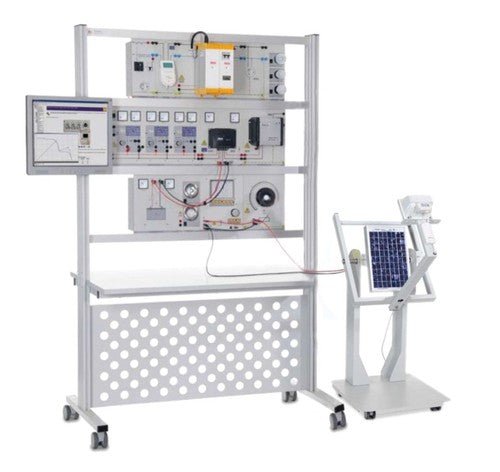
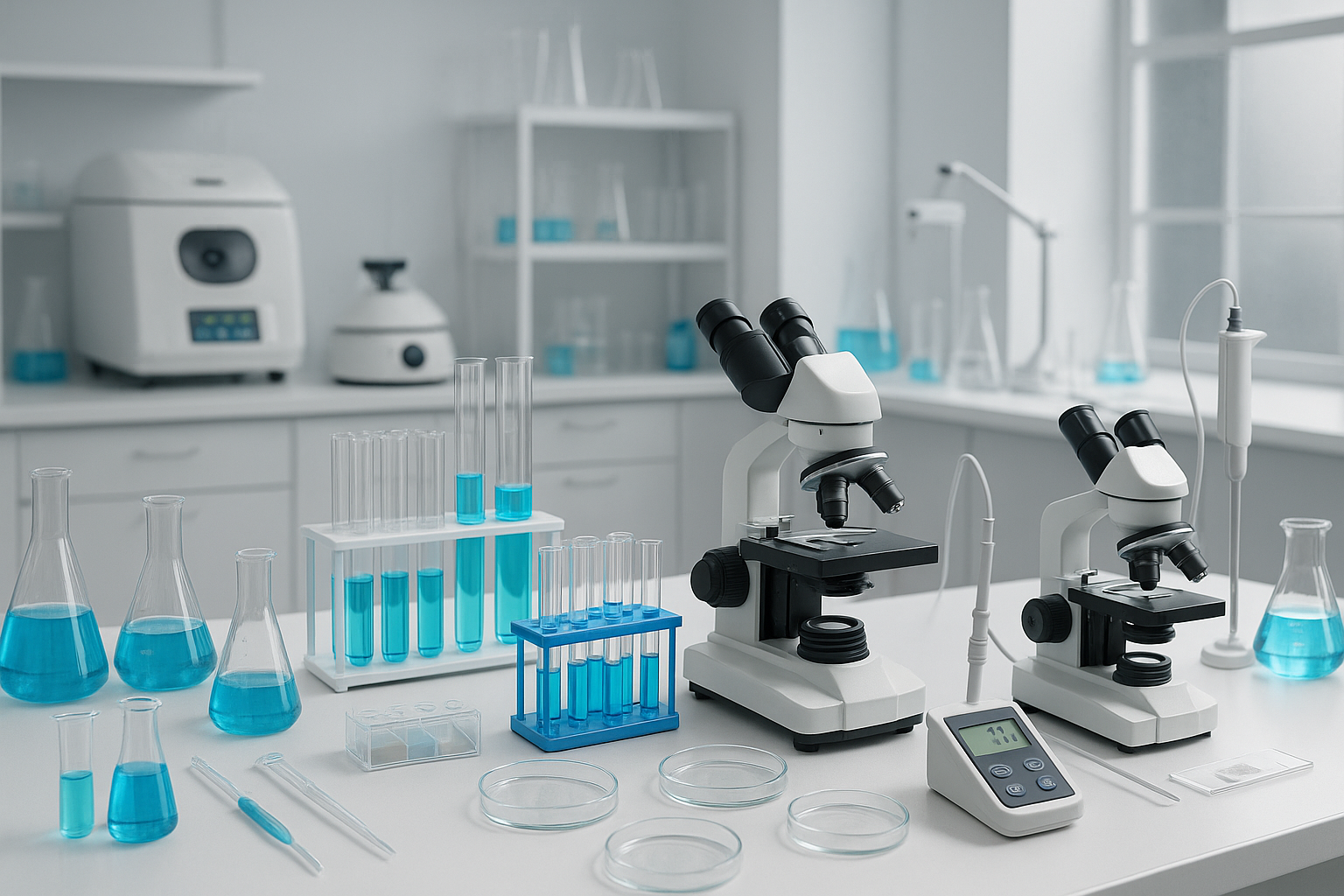
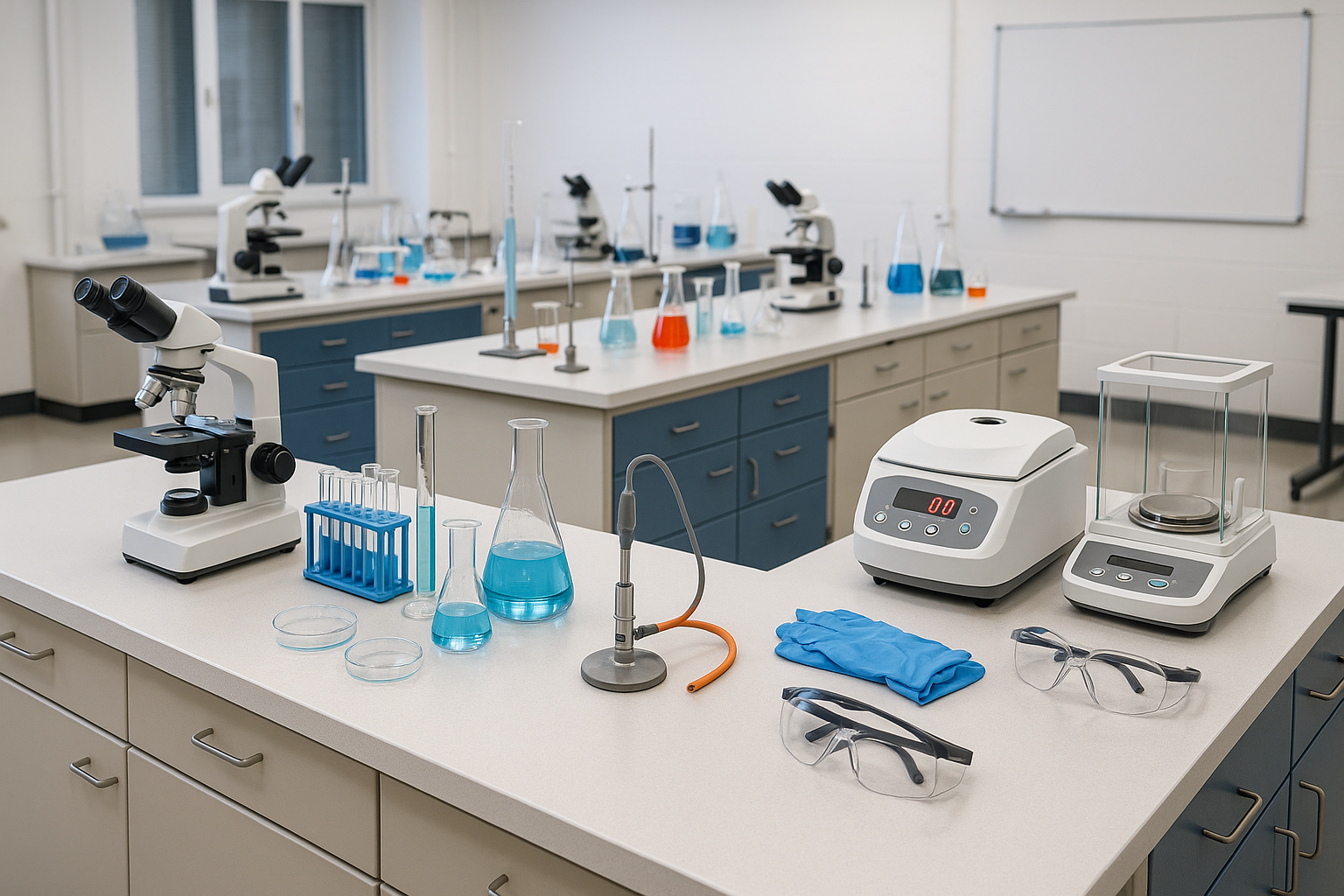
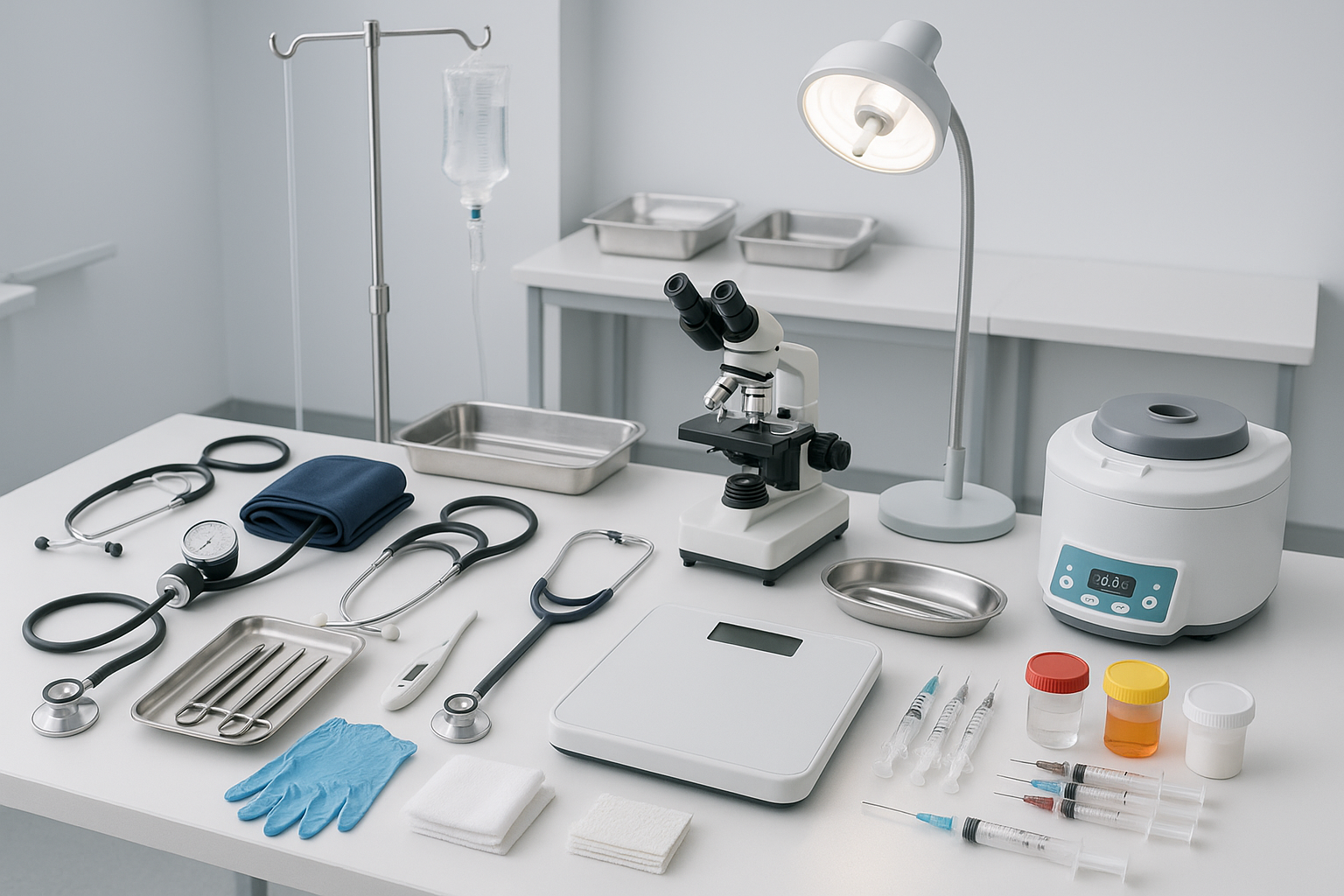
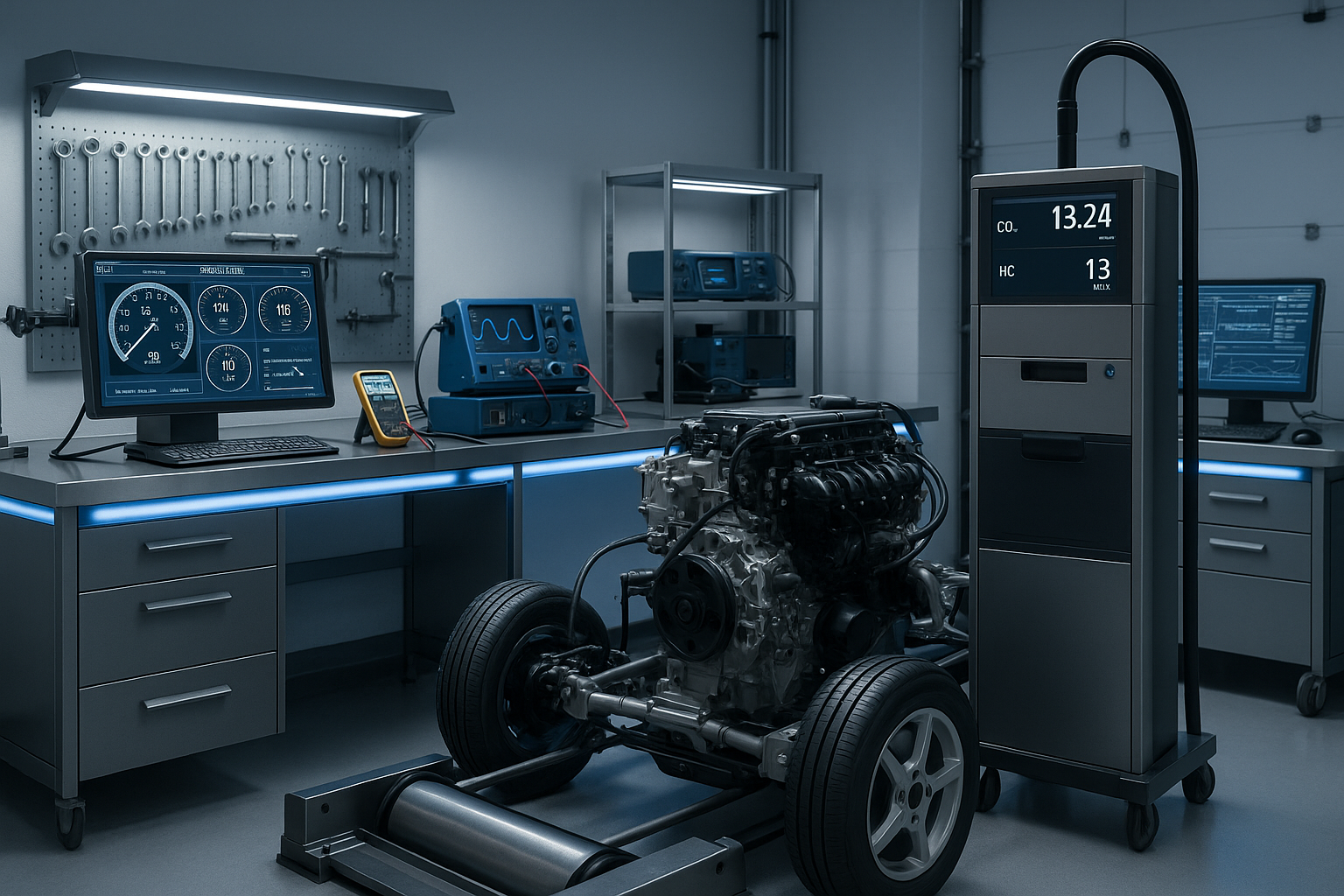
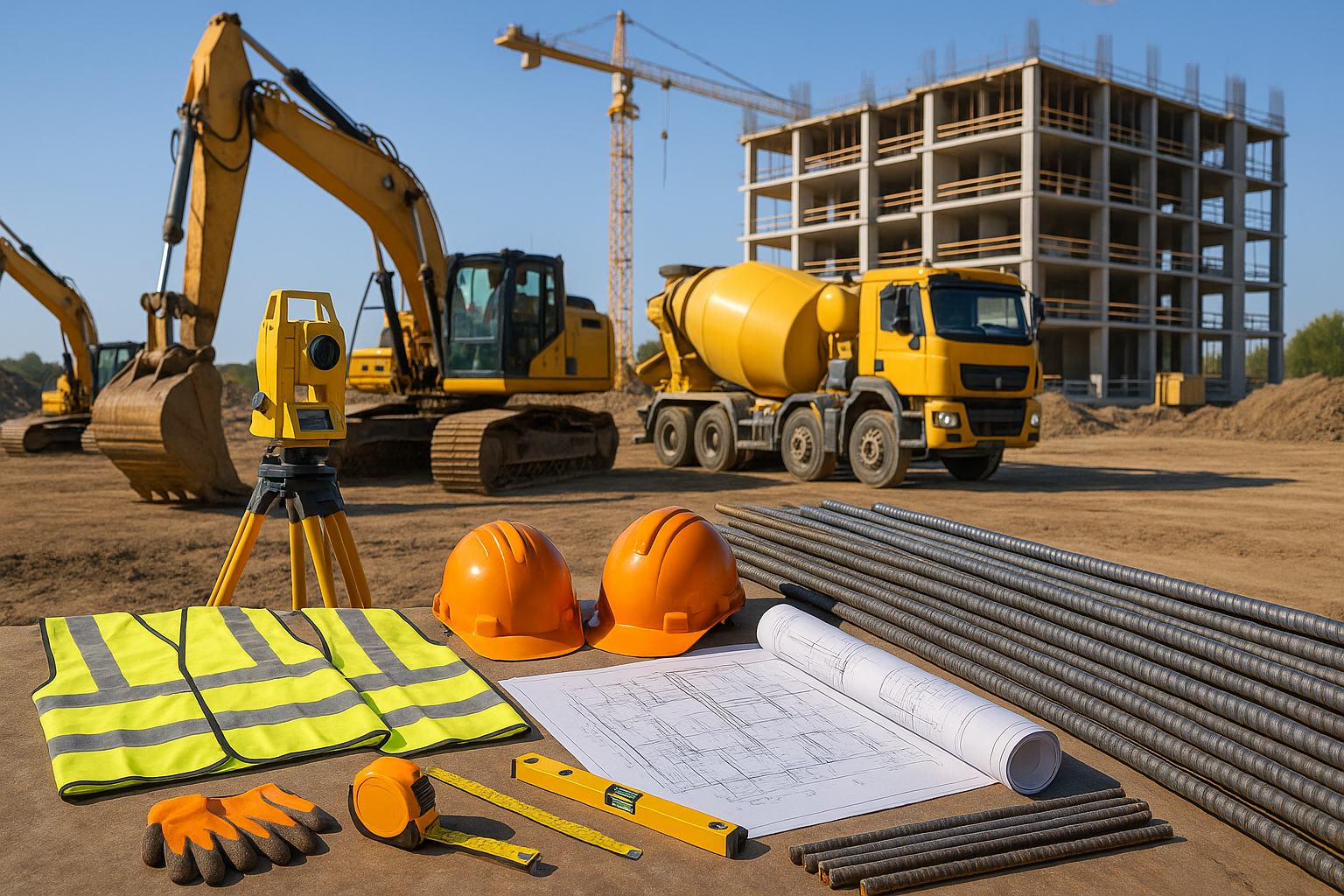
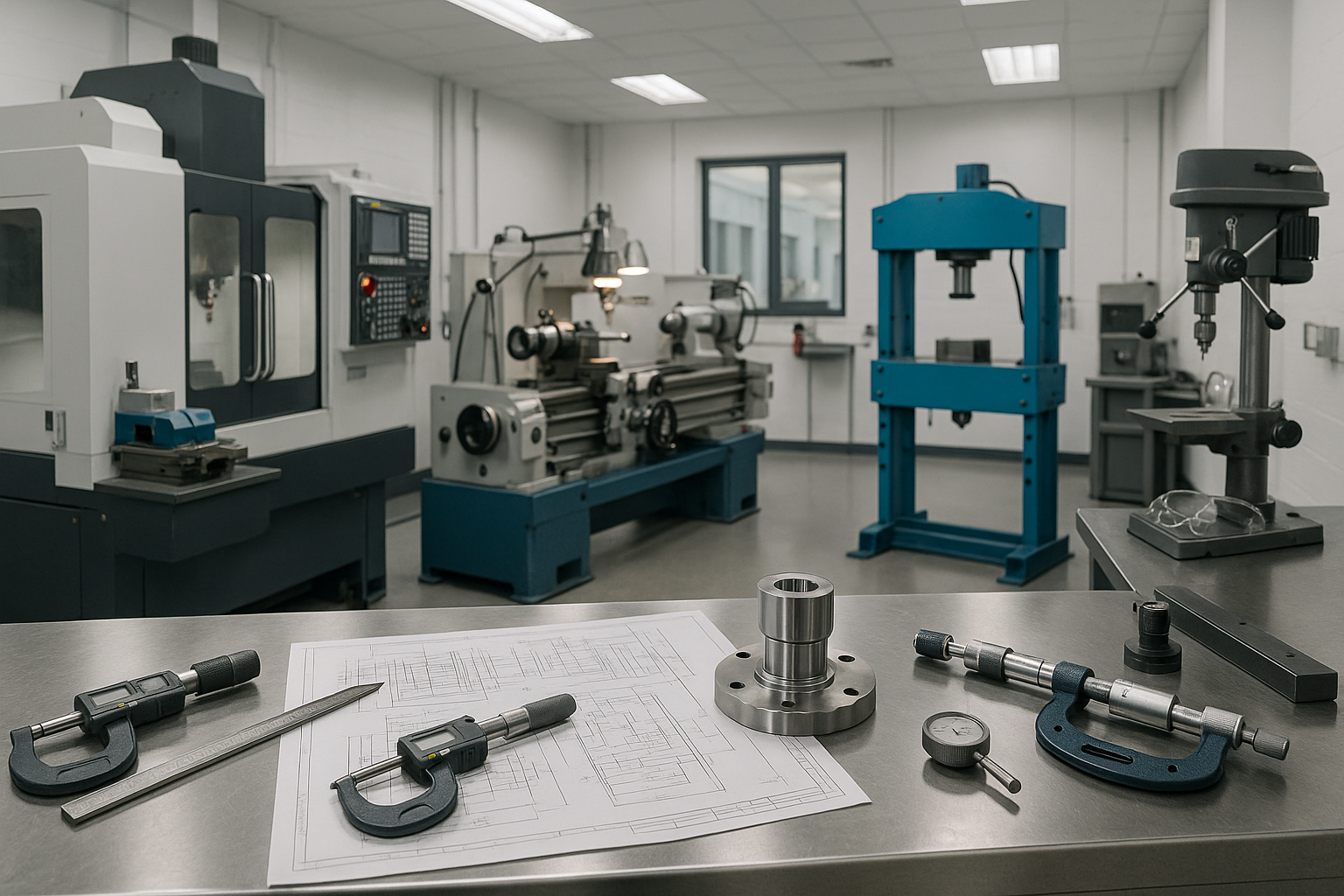
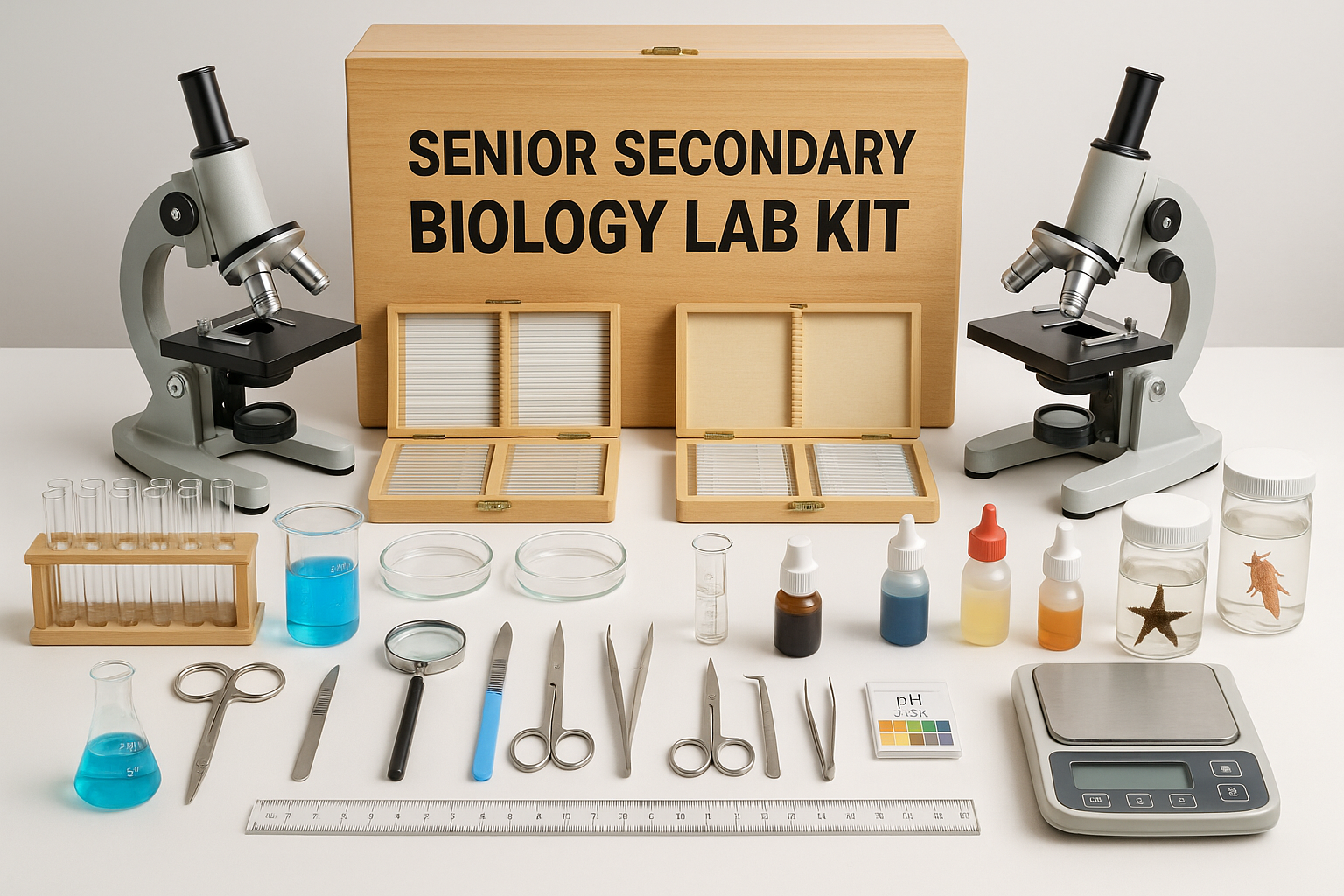
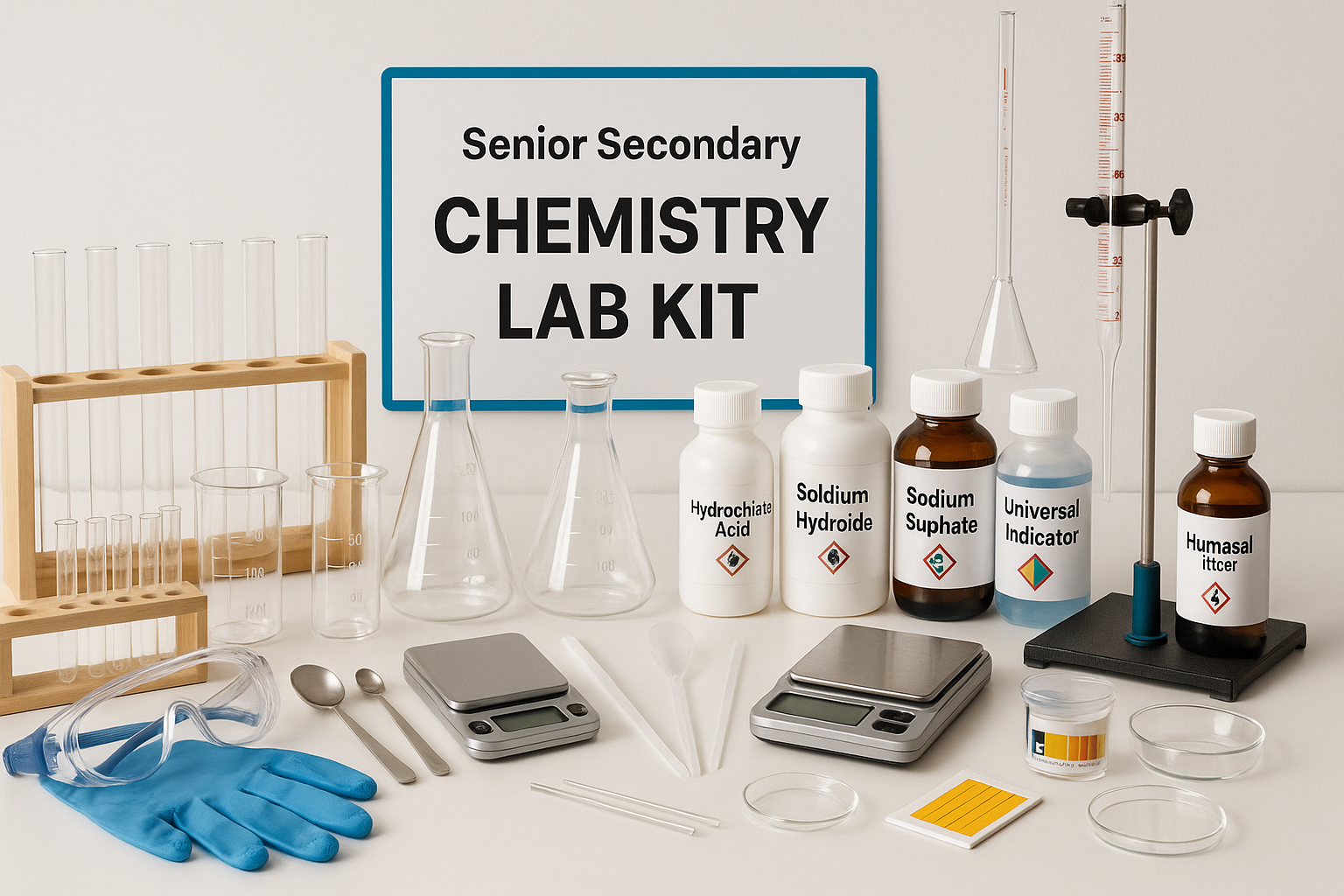
2 comments
Sudharani Potturi
Pleas send quotation for the following equipment
S. No. Equipment Quantity Purpose
1 Solar PV Training Kit (1 kW) 1 Experiments on PV performance, MPPT, IV curves
2 Solar Thermal Collector Unit 1 Study solar heating and efficiency
3 Wind Energy Conversion Kit (1 kW) 1 Wind turbine characteristics, power curves
4 Bio-digester Model (lab-scale) 1 Study anaerobic digestion and gas generation
5 Fuel Cell Trainer Kit 1 Hydrogen fuel cell performance analysis
6 Battery Storage System 2 types Study charging/discharging characteristics
7 Data Acquisition System (DAQ) 1 Real-time data monitoring and analysis
8 Power Electronics Interface 1 DC-AC conversion and power control
9 Hybrid Energy Management System 1 Smart grid simulation with solar + wind
10 Weather Monitoring Station 1 Solar radiation, temperature, wind speed, etc.
Sudharani Potturi
S. No. Equipment Quantity Purpose
1 Solar PV Training Kit (1 kW) 1 Experiments on PV performance, MPPT, IV curves
2 Solar Thermal Collector Unit 1 Study solar heating and efficiency
3 Wind Energy Conversion Kit (1 kW) 1 Wind turbine characteristics, power curves
4 Bio-digester Model (lab-scale) 1 Study anaerobic digestion and gas generation
5 Fuel Cell Trainer Kit 1 Hydrogen fuel cell performance analysis
6 Battery Storage System 2 types Study charging/discharging characteristics
7 Data Acquisition System (DAQ) 1 Real-time data monitoring and analysis
8 Power Electronics Interface 1 DC-AC conversion and power control
9 Hybrid Energy Management System 1 Smart grid simulation with solar + wind
10 Weather Monitoring Station 1 Solar radiation, temperature, wind speed, etc.